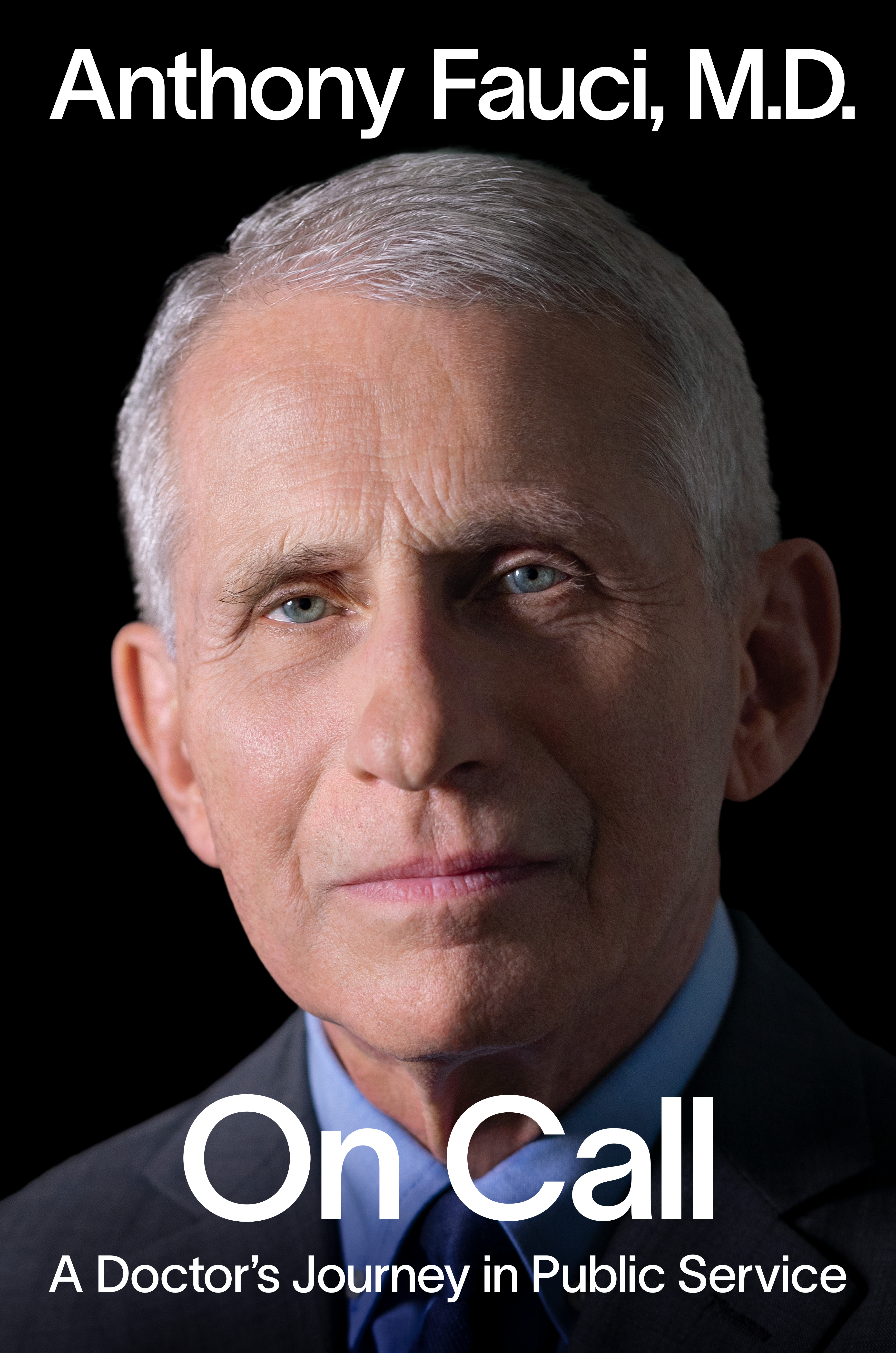
On Call: A Doctor's Journey in Public Service
Anthony Fauci
Questions & Answers
Dr. Anthony Fauci's journey has profoundly shaped his approach to public health crises. His personal experiences, such as his decision to shift his focus to infectious diseases after the emergence of HIV/AIDS, have instilled a deep commitment to addressing such crises. His professional role as Director of the National Institute of Allergy and Infectious Diseases (NIAID) has allowed him to leverage scientific research to combat diseases effectively.
Fauci's approach is characterized by a combination of scientific rigor, empathy, and advocacy. He emphasizes the importance of evidence-based decision-making, as seen in his push for HIV/AIDS research and the rapid development of COVID-19 vaccines. His willingness to engage with activists and the public, particularly during the HIV/AIDS epidemic, demonstrates his commitment to transparency and inclusivity. Throughout both the HIV/AIDS and COVID-19 pandemics, Fauci's leadership has been marked by a focus on saving lives, prioritizing public health over political or economic interests, and advocating for global collaboration in the face of global health threats.
Dr. Fauci's experiences highlight several key challenges and breakthroughs in the fight against HIV/AIDS:
Challenges:
- Initial Ignorance and Denial: Early on, there was a lack of understanding about the disease, leading to denial and slow response.
- Limited Resources: Funding and resources were initially scarce, making it difficult to conduct research and develop treatments.
- Activist Pressure: AIDS activists, like ACT UP, pushed for faster research and access to experimental drugs, sometimes leading to confrontations.
- Drug Development: The slow pace of drug development and the need to balance efficacy with toxicity were significant challenges.
- Stigma: The disease was stigmatized, making it difficult for patients to seek care and for researchers to conduct studies.
Breakthroughs:
- HIV Discovery: The discovery of HIV as the cause of AIDS was a pivotal moment, allowing for targeted research and treatment.
- AZT Approval: The approval of AZT as the first effective anti-HIV drug marked a significant breakthrough.
- Combination Therapy: The development of combination therapy (HAART) significantly improved the quality and length of life for HIV patients.
- Pre-exposure Prophylaxis (PrEP): PrEP's effectiveness in preventing HIV transmission was a major advancement.
- Vaccines and Therapies: Progress in developing vaccines and new treatments continues to be a focus of research.
Dr. Fauci navigated the intricate relationship between science, politics, and public opinion with a commitment to scientific integrity and public service. He maintained a strong focus on evidence-based decision-making, advocating for policies and actions grounded in scientific research. Despite political pressures, Fauci consistently sought to provide accurate information and advice, often facing criticism and controversy. He maintained a balance between scientific expertise and public communication, striving to make complex issues understandable to the public. His ability to build relationships with both political leaders and activists, such as his collaboration with AIDS activists and his rapport with presidents, demonstrated his skill in navigating the political landscape. Throughout his tenure, Fauci's dedication to transparency and ethical science has been a cornerstone of his approach, ensuring that public health priorities remained at the forefront.
Dr. Fauci's experiences during the COVID-19 pandemic offer several key lessons:
-
Vaccine Development: The rapid development and deployment of vaccines demonstrated the importance of sustained investment in biomedical research and public-private partnerships. The speed of vaccine development underscored the need for advanced technologies and infrastructure to respond to future pandemics.
-
Public Health Measures: The pandemic highlighted the critical role of public health measures like masking, social distancing, and testing. The importance of these measures was underscored by the need to balance public health with economic and social considerations.
-
Communication Strategies: Effective communication was crucial in conveying the risks and benefits of vaccines and public health measures. Transparency, honesty, and consistency were essential to maintain public trust and ensure adherence to guidelines. The importance of addressing misinformation and addressing concerns was also highlighted.
Dr. Fauci's memoir emphasizes the profound impact of public service, particularly in the realm of infectious diseases and global health. He recounts his journey from a Brooklyn boy to a leading figure in the fight against HIV/AIDS, pandemic influenza, Ebola, and COVID-19. His narrative underscores the moral imperative of public service, highlighting the suffering caused by infectious diseases and the need for dedicated professionals to combat them. Fauci's commitment to science, evidence-based decision-making, and collaboration across disciplines and borders underscores the importance of a global approach to health crises. His memoir serves as a testament to the transformative power of public service in saving lives and improving health outcomes worldwide.